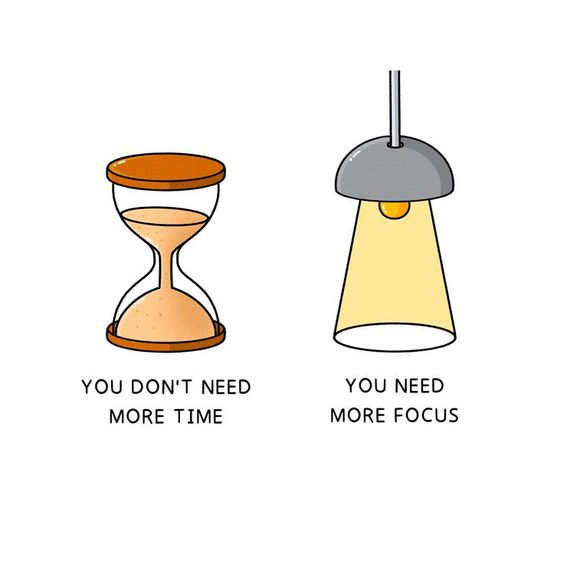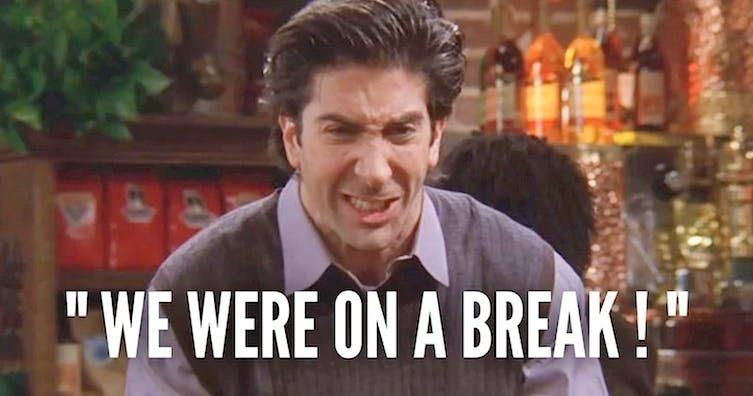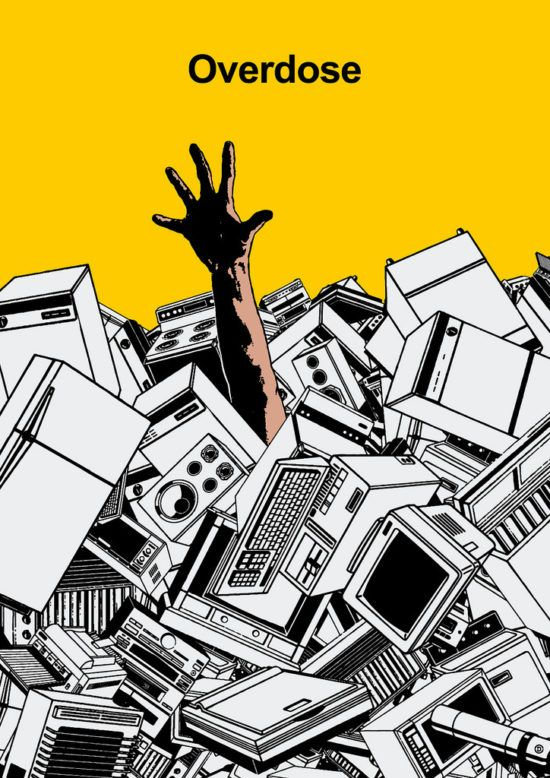
It’s ironic that as I write this article, I had to deactivate my social media accounts to regain my focus. Therefore, a disclaimer: focusing may not be as effortless as we desire it to be.
Technology = Distraction
Let’s address the elephant in the room: when we hear “distraction,” we immediately think of our phones and technology. Honestly, it’s true. Our phones can damage our abilities, holding us back in various ways.

An article by Columbia Magazine highlights a study showing office workers in 2004 switched tasks every 2.5 minutes, in 2012 every 75 seconds, and by 2022, every 45 seconds. If the study were conducted in 2024, it might show task switches every 25 seconds — shorter than the average reel we watch.
Can We Completely Blame Technology?
While technology has its downsides, it also has many benefits. However, our dependency on it is harmful in several ways. The more we rely on technology, the less we use our cognitive abilities, leading to addiction, reduced memorization, detachment from reality, and other issues. Let’s break this down further.
The Dark Side of Technology Dependency
Recognizing Addiction
Repeatedly using our phones without a particular purpose, or when it causes impairment, can be a sign of addiction. We often use our phones out of boredom, only to realize it and put them down, only to pick them up again.
The Perils of Escapism
Infinite distractions at our fingertips not only harm our work but also increase feelings of loneliness. Phones become our companions, reducing our exploration and social engagement.
Focus! Focus! Focus!
“Always remember, your focus determines your reality.” — George Lucas
Our focus is our reality. The dedication, attention, and energy you invest in something will yield desired results. How many times do we need to remind ourselves of this to achieve these results? How often do we forget that we are destined for greater things?
There are many theoretical solutions, but let’s discuss practical steps to improve focus.

Practical Solutions to Enhance Focus
1. Understand the WHY
Identify what distracts you and eliminate it, rather than just forcing yourself to focus.
2. Acknowledge Your Distractions
Sometimes, we daydream without any clear distraction. Instead of brushing away these thoughts, jot them down and revisit them once you’ve completed your task.
3. The Power of Asking “Why”
If you need gadgets for work, ask yourself why you need to check that message each time you switch applications. If you have a valid reason, great. If not, it can wait.
Focus is not a gift but a skill we must consciously and deliberately work on and improve.
Engineer Your Focus
1. The Benefits of Meditation
This doesn’t necessarily mean sitting and counting your breaths. Instead, sit quietly with your thoughts to find or make peace with them.
2. Utilizing Ultradian Cycles
(Adapted from Andrew Huberman’s podcast ‘Optimize Your Focus’)
We can’t focus for 24 hours straight. Try focusing on your work for 90 minutes, repeated 2–3 times a day with breaks. It won’t be easy, but with practice, you’ll get the hang of it.
3. Techniques to Refocus
Interruptions are natural during those 90-minute cycles. When they happen, focus on a specific object or location for 30 seconds to 3 minutes, then get back on schedule.
Defocus! Defocus! Defocus!
Don’t forget to take breaks. Break times are essential for refocusing. Be mindful of what you do during breaks to avoid turning a 15-minute break into a 5-hour one.

What NOT to do during breaks:
– Don’t pick up your phone.
– Don’t take a nap.
– Don’t think about work.
What to DO during breaks:
– Go for a walk.
– Do something easy.
– Nourish yourself.
Managing Stress for Better Focus
I have heard so many people say, ‘I work better under pressure’… Are you one of those too??

Then I have good news for you… It’s scientifically proven that working under pressure narrows our focus and helps us concentrate on one specific thing which can yield better results.
But never go blind to the effects of stress. If this becomes a practice then in the long run you may be impacted by various ailments.
Good Food = Good Mood
We’ve discussed external factors, but the focus starts within. Food is essential fuel. Eat enough to feel nourished and choose brain-healthy foods. This extra effort will benefit you long-term.
The Vital Role of Sleep
Your sleep pattern modulates every brain and body process. Most of us need 6–8 hours of sleep. Avoid gadgets before bedtime and rest your body properly.
Conclusion
There isn’t a one-size-fits-all pattern to enhance focus. With deliberate attempts and small changes in your routine, you can significantly improve your concentration. Embrace the process of learning and unlearning. Over time, with effort, you’ll feel your best in many ways.
References:
– Columbia Magazine: [Study on Office Workers]
– Andrew Huberman Podcast: [Optimize Your Focus]
– The Link Harding: [The Downside of Technology]


Hi, this is a comment.
To get started with moderating, editing, and deleting comments, please visit the Comments screen in the dashboard.
Commenter avatars come from Gravatar.